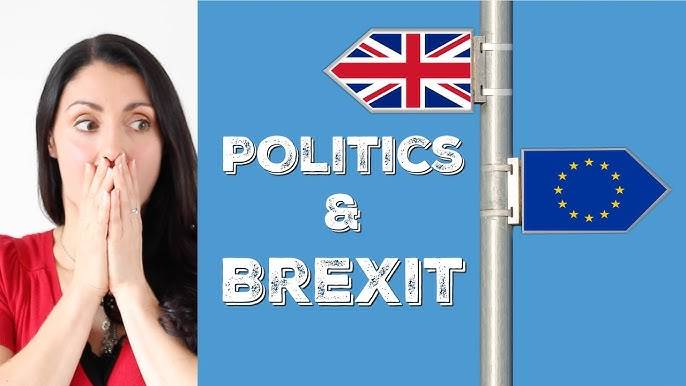Brexit and politics in UK
Brexit, the United Kingdom's decision to leave the European Union (EU), has been one of the most divisive and transformative political events in recent British history. Since the 2016 referendum, in which 52% of voters opted to exit the EU, Brexit has reshaped the UK’s political landscape, fueled debates on national identity, and strained relations within the United Kingdom itself.
The Path to Brexit
The Brexit referendum in June 2016 was the culmination of longstanding Euroscepticism in British politics, which gained momentum during the 1990s and 2000s. Eurosceptic sentiments centered around a perceived loss of sovereignty to EU institutions and concerns over immigration. Prime Minister David Cameron, a member of the Conservative Party, promised a referendum on EU membership as part of his 2015 election campaign, aiming to settle the matter within his party and appease factions calling for change.
The referendum result led to Cameron’s resignation, with Theresa May succeeding him. May’s government initiated the Article 50 process in March 2017, beginning the formal two-year period for the UK to negotiate its departure from the EU. However, political rifts soon surfaced, especially as complex issues surrounding trade, Northern Ireland’s border, and citizens' rights emerged. May’s Brexit deal faced repeated defeats in Parliament, leading to her resignation in 2019.
Boris Johnson and "Getting Brexit Done"
Boris Johnson, a prominent pro-Brexit Conservative, became prime minister in 2019, campaigning on a promise to "get Brexit done." Johnson’s leadership marked a turning point, as he pursued a “hard†Brexit, prioritizing the UK's sovereignty over close ties with the EU. The UK formally exited the EU on January 31, 2020, and entered an 11-month transition period, during which a trade agreement was negotiated.
The UK-EU Trade and Cooperation Agreement (TCA), signed in December 2020, created a new framework for trade, security, and other issues but did not replicate the seamless integration enjoyed by EU members. The agreement left unresolved areas, especially in Northern Ireland, where the "Northern Ireland Protocol" sought to prevent a hard border with the Republic of Ireland by keeping Northern Ireland aligned with certain EU regulations. This arrangement has been a contentious point in British politics, with unionist communities arguing it creates a divide within the UK.
Brexit’s Impact on British Politics
Brexit has had profound implications for British political parties and identities. The Conservative Party, once divided on the EU, has largely coalesced around Brexit, embracing a vision of the UK as an independent, globally competitive nation. However, Brexit has contributed to political polarization, with significant differences in views between England, which mostly supported Brexit, and Scotland and Northern Ireland, which largely voted to remain in the EU.
In Scotland, Brexit has revived calls for independence. The Scottish National Party (SNP) argues that Brexit disregards Scotland’s preference to remain in the EU, thus fueling support for another independence referendum. Meanwhile, Northern Ireland has seen renewed interest in unification with Ireland among some communities, as Brexit has made cross-border relations more complex.
Economic and Social Challenges
Brexit has created economic challenges, as new barriers to trade with the EU have affected industries such as fishing, farming, and manufacturing. The UK has faced labor shortages due to changes in immigration policy, impacting sectors reliant on EU workers, including healthcare, construction, and hospitality. Supply chain disruptions and inflation have also added pressures.
Socially, Brexit has revealed deep divides within British society, often described as a split between those prioritizing national sovereignty and those valuing European integration. The aftermath of Brexit continues to influence UK politics, with ongoing debates over the UK's role on the global stage, its economic policies, and the preservation of its union.
The Future of Brexit Politics
As the UK navigates post-Brexit challenges, British politics remains in a state of flux. The Conservative and Labour parties face internal debates over their respective stances on EU relations, while nationalist sentiments in Scotland and Northern Ireland may force future governments to address the unity of the United Kingdom. The story of Brexit is far from over, as its ripple effects continue to shape the UK’s political landscape.




No comments yet
Be the first to share your thoughts!